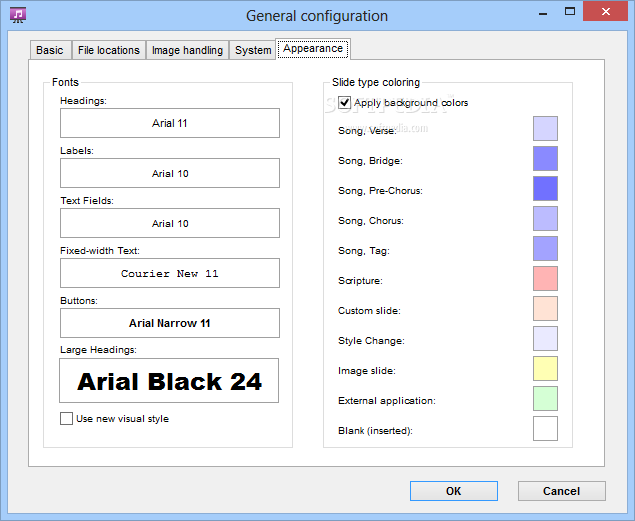

Song of Solomon 5:2 tn Heb “my heart.” The term לִבִּי ( libbi, “my heart”) is a metonymy of association for emotions (e.g., Prov 15:13 Song 3:11) or thoughts (e.g., Ps 90:12 Prov 18:15) or a synecdoche of part for the whole.The term “drink” refers to intoxication, that is, it compares becoming drunk on wine with enjoying the physical love of one’s spouse (e.g., Prov 5:19-20). This is an appropriate figure of comparison because it would have been issued during the feast which followed the wedding and the consummation. Song of Solomon 5:1 sn The physical love between the couple is compared to eating and drinking at a wedding feast.In this case, the poetic unit of 4:1-5:1 would conclude with an exhortation by the friends in 5:1b. (b) The structure of the Song is composed of paired-dialogues which either begin or conclude with the words of the friends or daughters of Jerusalem ( 1:2-4, 5-11 3:6-11 5:9-16 6:1-3, 4-13 7:1-10) or which conclude with an exhortation addressed to them ( 2:1-7 3:1-5 8:1-4). This is supported by several factors: (a) Wedding feasts in the ancient Near East frequently lasted several days and after the couple had consummated their marriage, they would appear again to celebrate a feast with their wedding guests. While the couple was alone in their wedding chambers, the wedding guests wished them all the joys and marital bliss of the honeymoon. (4) The wedding guests could be in view through the figurative use of apostrophe (addressing an audience that is not in the physical presence of the speaker). This makes it unlikely that he or his bride are addressing the wedding guests-an orgy is quite out of the question! (3) The poet could be in view because as the writer who created the Song, only he could have been with them-in a poetic sense-in the bridal chamber as a “guest” on their wedding night. (2) The exhortation has an implicitly sexual connotation because the motif of “eating” and “drinking” refers to sexual consummation in 5:1a. This makes it unlikely that he is addressing his bride or that his bride is addressing him. When dealing with this issue, the following factors should be considered: (1) the form of both the exhortations and the addressees are plural.

(5) The poet is addressing him and his bride. (4) He and his bride are addressing the wedding guests. (3) The wedding guests are addressing him and his bride. There are five options: (1) He is addressing his bride. Song of Solomon 5:1 sn There is no little debate about the identity of the speaker(s) and the audience addressed in 5:1b.


 0 kommentar(er)
0 kommentar(er)
